On his newest solo offering, banjo extraordinaire Wes Corbett pays homage to the acoustic music greats, all while playing alongside many more of them. Drift, out now on Adhyâropa Records, sees Corbett exploring his original compositions with some of the finest bluegrass players he could dial up. "I live in Nashville, and it's wild who I was able to call in for sessions who were able to sleep in their own beds that same day," said Corbett in a press release for the record.
Adding to Adhyâropa's extensive catalog of virtuosic acoustic recordings, Drift's complexity is rivaled only by its spirit and sonic perfection. With the folks enlisted for this effort, including Bronwyn Keith-Hynes, Bryan Sutton, Todd Phillips (and many more), this should come as no surprise to any bluegrass fan. "Hartford's Bend on the Cumberland" is an endearing tribute to its namesake. Corbett had the opportunity to play one of John Hartford's banjos for the tune. "Salmon Run" is an enthralling nugget of high-octane 'grass. Its sprinting pace and intensity may very well lead to some acoustic headbanging.
When Béla Fleck says it's a "good one," it's safe to say it's a good one. I spoke with Wes about his influences, the complicated journey of producing your own album, and the legendary sessions that became Drift.
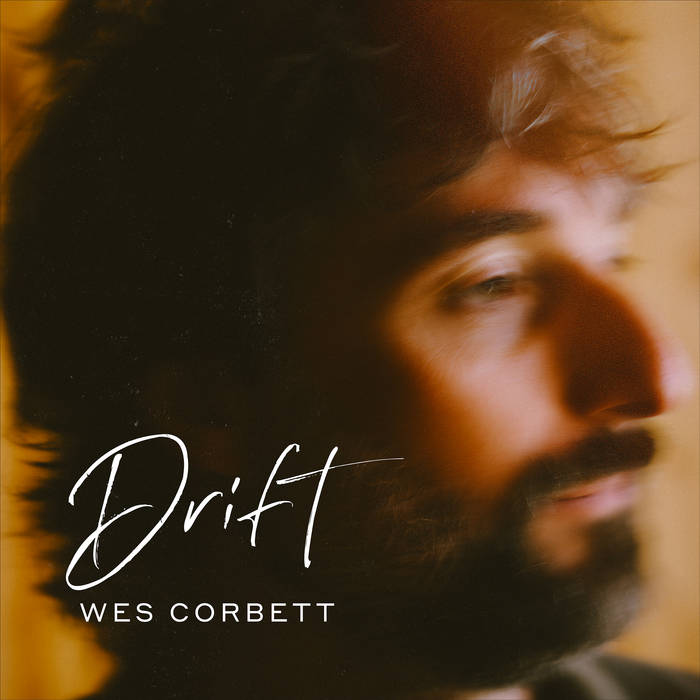
Sam Bradley: When did you start playing banjo, and specifically when did you start writing tunes?
Wes Corbett: Well, I started playing banjo when I was fourteen after I heard Béla Fleck. My folks started me on piano when I was two and a half on the Suzuki method. My grandfather was a classical conductor on my mom's side, and I was privileged enough to get started on music really, really young. I was never that excited about the piano, honestly, but when I found the banjo and was excited about it, I had all the tools to learn it pretty fast.
I grew up on a little island across the water from Seattle called Bainbridge Island, and it's not exactly the banjo-iest, bluegrass-iest place. I kind of worked my way backwards from Béla towards, you know, J. D. Crowe and Earl Scruggs and fell in love with traditional bluegrass. Béla Fleck, Sam Bush, Jerry Douglas, and Edgar Meyer, that whole crew—that was the music that got me excited about banjo initially.
I think it was either my second or my third banjo lesson ever, with a guy named Dave Keenan in Seattle, who I'm still close with, and I'm so lucky to have had him as a teacher. I think I wrote a tune by my third lesson. Coming from classical piano to banjo, there was just this immense sense of freedom for me. Writing music on banjo has pretty much always been a thing for me, definitely an important part of me as a musician.
Sam: Can you comment on the bluegrass scene generally in the Pacific Northwest? Did much of it exist when you were coming up?
Wes: Yeah, I mean, I've lived in Nashville since 2018. Before that, we were in Boston and New York, so it's been a while since I lived on the West Coast. On Drift, my new record, and also on my first record, Cascade, there are a lot of references to the Pacific Northwest.
I think that growing up in the Pacific Northwest, where the splendor of the natural world is at your fingertips, gives you an appreciation that is not the case for other people, depending on where you live. You know, I spent time as a kid searching for crabs and starfish in tide pools and running around in what is literally a temperate rainforest. I think there is something really deep-seated for me about that place. Where you're from absolutely affects your outlook on life, right? I mean, how could it not?
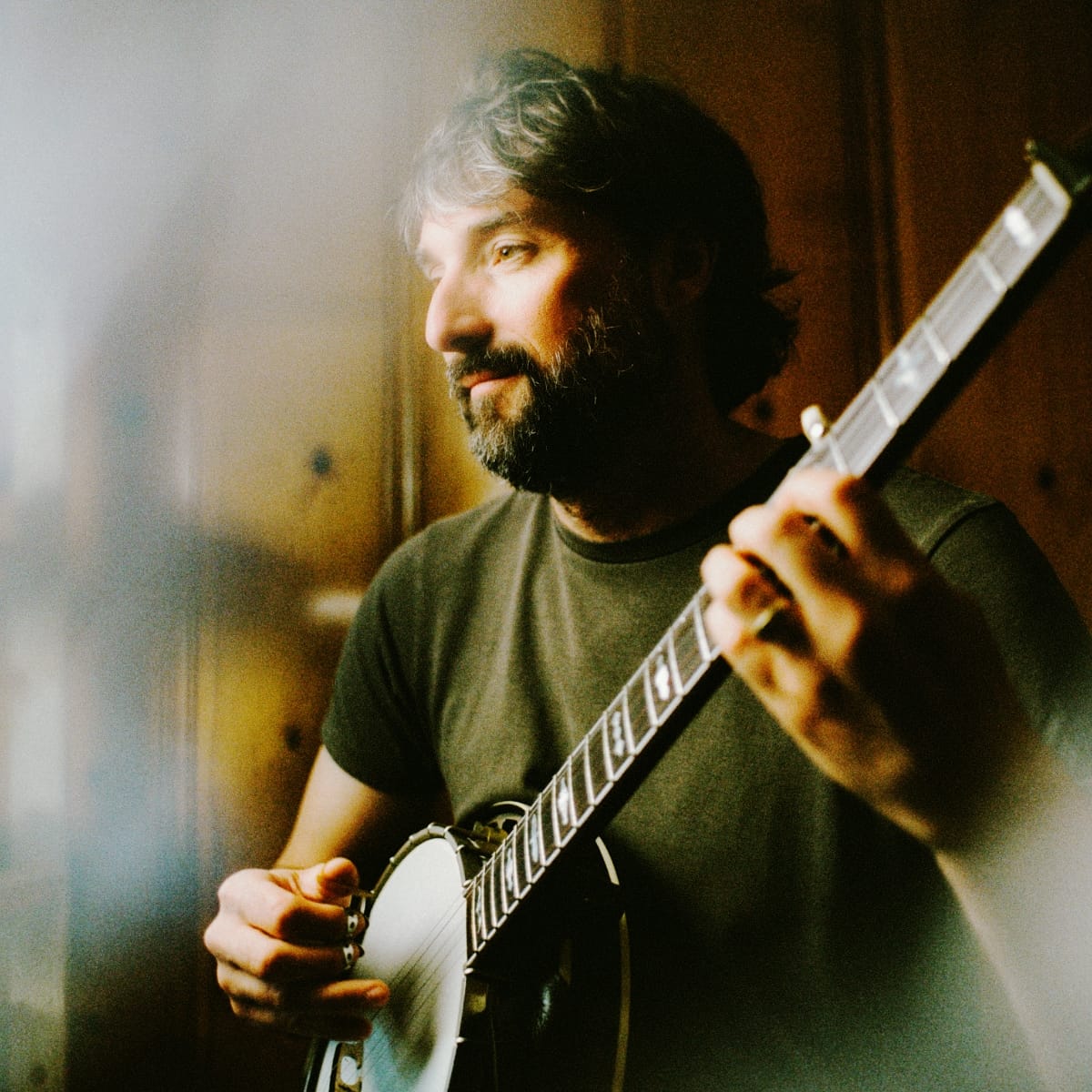
Sam: Drift features a lot of folks who are very influential in bluegrass. How did those sessions feel for you? Was there much personal magnitude, or did it sort of feel just like another day at the office?
Wes: I started this record back in 2023, and I made the choice to produce this one myself, which I've never done before. Cascade, my first solo record, was produced by Chris Eldridge of Punch Brothers, who's a really close friend. I guess I'm so lucky to call everyone who played on this record a friend.
The acoustic music community kind of nationwide, maybe even worldwide, and especially the community here in Nashville is a really beautiful thing. In a lot of ways, it can even function as a mutual aid society. For example, I had a friend whose baby was in the NICU for about six months, and the community just pulled together in such a beautiful way to take care of those people. I feel so lucky to be a part of that.
That being said, I've never produced myself before, and there was definitely an intimidation to that. Sam Bush is my boss, and I'm honored to call him a friend. I feel very comfortable with Sam, and I've played on a handful of sessions with Todd Phillips and Mike Bub, and I've known Darol Anger for a long time. I guess since I was twenty or twenty-one, I'm honored to call him a mentor. There's a reason why everybody has liked making music with all those folks! But you know, all of those folks are people that I've made music with in other contexts. So I think I was purposely choosing people that I feel comfortable with.
Paul Kowert, Chris Eldridge, Sierra Hull, and Bryan Sutton—who is a little older than me—they're all still a part of my peer group. I was choosing people who I feel make me play well!
There were a few times producing this thing where I felt like, "Oh man, I've bitten off more than I can chew."
Sam: I was curious about the challenges that came with self-producing. I love the way the record sounds. How difficult was it to achieve your vision in that regard?
Wes: First of all, I have to give a big shout-out to Sean Sullivan, who mixed this record with me and engineered a big chunk of it, in addition to Paul Loren, Lawson White, and Dave Sinko. Everybody who worked on this record is very, very good at what they do. I never felt like we needed to figure any of that stuff out. Sean and I worked really hard on these mixes. I think the pressure of releasing what is essentially my sophomore solo album carried an intensity. I'm really proud of Cascade, my first record, but I didn't have a whole lot to lose when I made it. I think the pressure that I ended up putting on myself for this one was maybe the toughest aspect of producing it. Honestly, I had to wrestle with sort of the unexpected mental health trials and tribulations that the three years of making this record gave me. Sean was infinitely patient with me while we were mixing the record, and I'm really proud of what we did.
The sort of extra special thing about acoustic music is that you're hearing someone's direct expression, right? It's just like hands to an instrument.
Sam: I can imagine there's a big difference between the amount of hands-off time you get when not self-producing, which could be important.
Wes: Absolutely, and the reality is that this record was made at around two tracks a day in the studio. Each one of those days is a different band essentially, so you're also starting kind of from square one in a way, in terms of the mix every two tracks. We all know those records that when you put them on, they just kind of leap out of speakers in a really magical way, and I'm not sure if we achieved that. But, you know, I think there's also this balancing act of accurate capture and also making sure that it's just really fun to listen to. And again, truly, thank you, Sean Sullivan, for dealing with three years of my neurosis.
Sam: Were there any moments that stood out to you where someone else brought an idea to the table that changed your outlook on any aspect of the record?
Wes: Well, I mean, I think it depends on the tune. "Salmon Run," for example, we just played down the arrangement that I made, and it worked. That's all exciting; there's a satisfaction to that. "Shapeshifter" was probably the most rehearsed thing on the record. I think it was like three rehearsals to kind of figure out how to make it into something I wanted to listen to. I'm so thankful that everybody wanted to take the time to do that with me.
Sam: How did you start teaching, and what has that experience been like?
Wes: I started teaching some lessons in my late teens, but I mean, I teach more now than I ever have, other than when I've had a couple full semesters at Berklee. I really love it. In particular, I love teaching one-on-one lessons. I know I could probably make more money if I were doing something like, "Hey, I'm going to do a master class, blah blah blah, however many people want to sign up." I still find joy in that, but I genuinely find a lot of joy in connecting to music with another person through teaching. I got the gig teaching at Berklee when I was really pretty young. I think I was twenty-six, and you know, I could probably do a better job of it now, I think. But you know, whatever, hindsight's always twenty-twenty. I think, ultimately, as a teacher, I have most enjoyed teaching not under any kind of collegiate umbrella. I've most enjoyed just doing what I'm doing now, which is being on tour with the Sam Bush Band, touring with a few other people sometimes, and then teaching lessons when I'm home on weekdays. I really like my work-life balance right now. I think it's pretty nice.
Sam: That’s good to hear. That balance between recording and time on the road and teaching sounds like it could get difficult to manage. Is there any tour planned around Drift and its material?
Wes: I definitely will be doing some kind of album release show here in Nashville. You know, my schedule with Sam is pretty full. It's hard for me to schedule stuff like that far enough out. I've been playing around town with this super fun band—it's Casey Campbell, Chris Eldridge, Ben Plotnick, and Vicky Vaughn. We have learned a bunch of my tunes, some from Drift and a bunch from Cascade. So it has actually been happening a little bit, but it's mostly been in town here in Nashville.
Sam: Which banjos were you playing on the record?
Wes: So the answer to that question, which I've sort of been dreading, just because over the last three years, it's a bunch of different banjos. I think it's five different instruments. It's probably a different banjo for every day. It's all different old Gibsons. Almost all of it was on either a 1936 or a 1937 TB1 with a conversion neck. And then I found . . . well, actually my bandmate found, a 1930 TB3 in a pawn shop in Grand Junction. The Sam Bush Band lovingly refers to it as 'PSB,' which is 'Pawn Shop Banjo.' I know I played that one on "Salmon Run." Then, of course, there was John Hartford's old banjo on "Hartford's Bend Around the Cumberland."
Sam: I'm always curious in the acoustic world about those old instruments that people are comfortable touring with.
Wes: Yeah, I'm pretty comfortable taking whatever on a bus. When we're flying, it's a different story, though. They're meant to be played, you know? I mean, you take care of them and you cherish them, but that's what they're for. I don't fly with PSB, but I'll tour with it on a bus for sure.
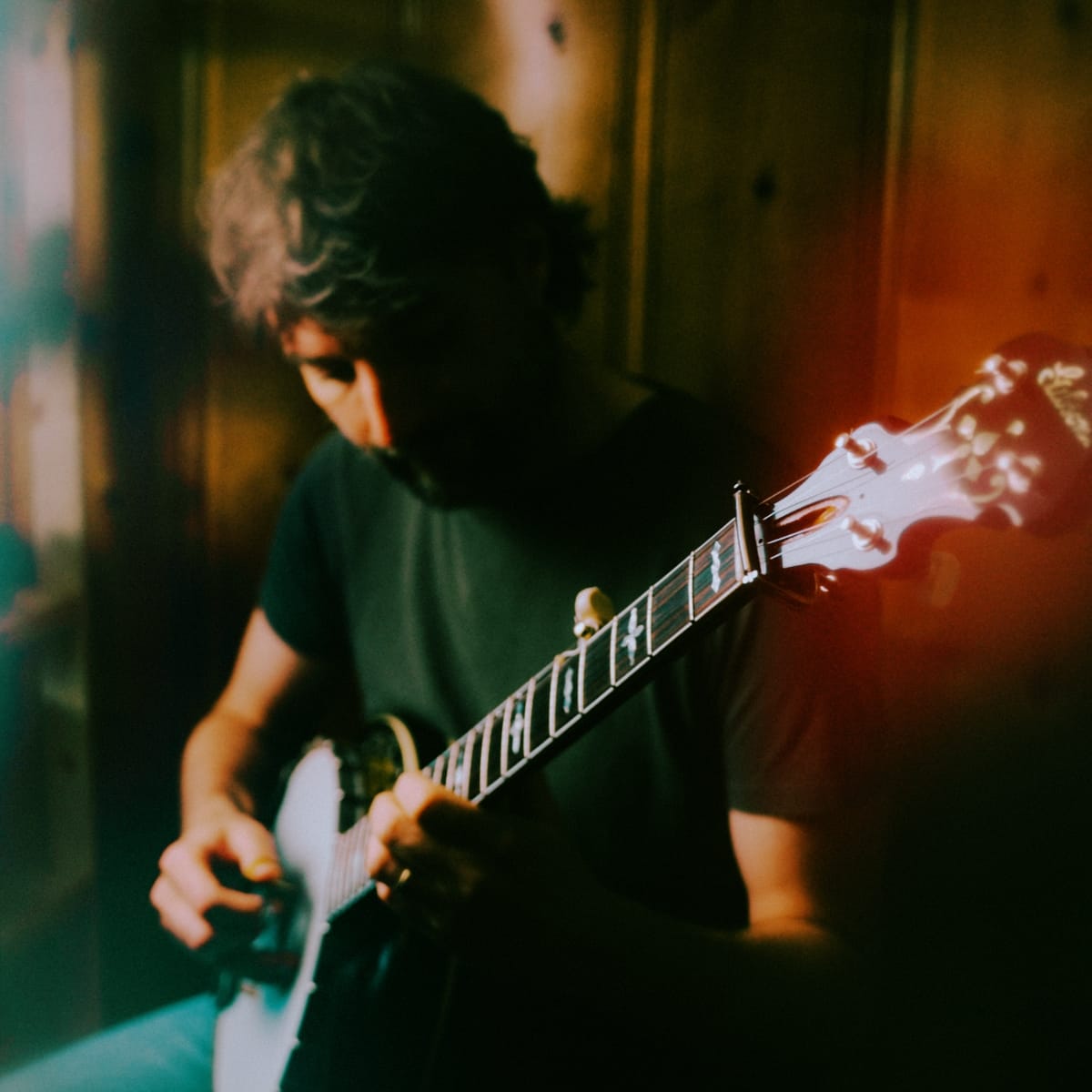
Sam: Is there anything in particular you wanted audiences to take away from Drift?
Wes: I was just talking with my wife about this before this, because I'm just starting to do all the interviews for this album cycle. My wife named Cascade, and she also named Drift. We were talking about that album title, and she made the point that there's so much water in a lot of these titles. We were looking at synonyms for water and the ocean, and waves, and all those kinds of things, and ended up with Drift.
I had actually totally forgotten; she just reminded me of this. You know, I started making this record, and it was constantly plagued with problems. It felt a little cursed, actually. I had four days of recording booked with Sean. We were going to crank out eight tracks of this record in one big chunk; everybody was all set. And then Paul Kowert got really sick. I ended up tracking for two days and then bailing on the other two days, because it was stuff that we had rehearsed a lot. The record basically continued that way for three years, where, like, with every single thing that I booked, somebody got COVID or got sick or something happened. So by the time it came around to naming this record, I had to admit I felt a little lost. Courtney, my wife, was also like, "Drift—there's a certain quality of just letting it see where it takes you." Maybe an overarching point of what I would hope people get out of this is tapping into what I feel like this musical community here in Nashville has to offer right now, or over the last three years.
This isn’t directly related to the question, but I want to mention that there are still not many women, people of color, or queer folks in the bluegrass and acoustic scene. It was also just really important to me to have women involved in this project. You know, it just so happens that Sierra Hull and Bronwyn, and Vickie Vaughn are all incredible. They're the musicians that I would have called anyway, so I don't mean to imply I hired them because of that, but it was important to me, and there's some messaging to that as well. Actually, the Sam Bush Band is the first band I've ever been in my whole life where it's all guys on stage. Before this, I played with Molly Tuttle and then in Joy Kills Sorrow, which had two women in the band.
Probably my favorite track on the record is "Eagle Harbor," which has Darol Anger, Todd Phillips, Sam Bush, Chris Eldridge, and me. I just think it is really special, and they hadn't been in the studio together since they were on Tony Rice's Manzanita.
Sam: Huge, huge fan of that record, and reading that in the press blurb was kind of mind-blowing. I spoke with Darol, actually, about a month ago, and he kind of mirrored a lot of those sentiments, just about how strong the community is and its familial nature. It's cool to hear that again from you.
Wes: He's been a really important person for creating that, too. That's not something that just happens out of thin air. Darol has been propping other people up for whatever it is, like, fifty years. I'm not saying this very eloquently, I think, but I enjoy the multi-generational aspect of this record.
Check out more like this:
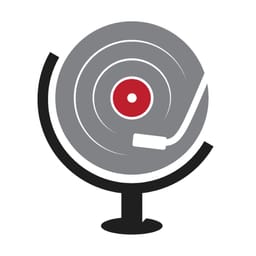 The TonearmSam Bradley
The TonearmSam Bradley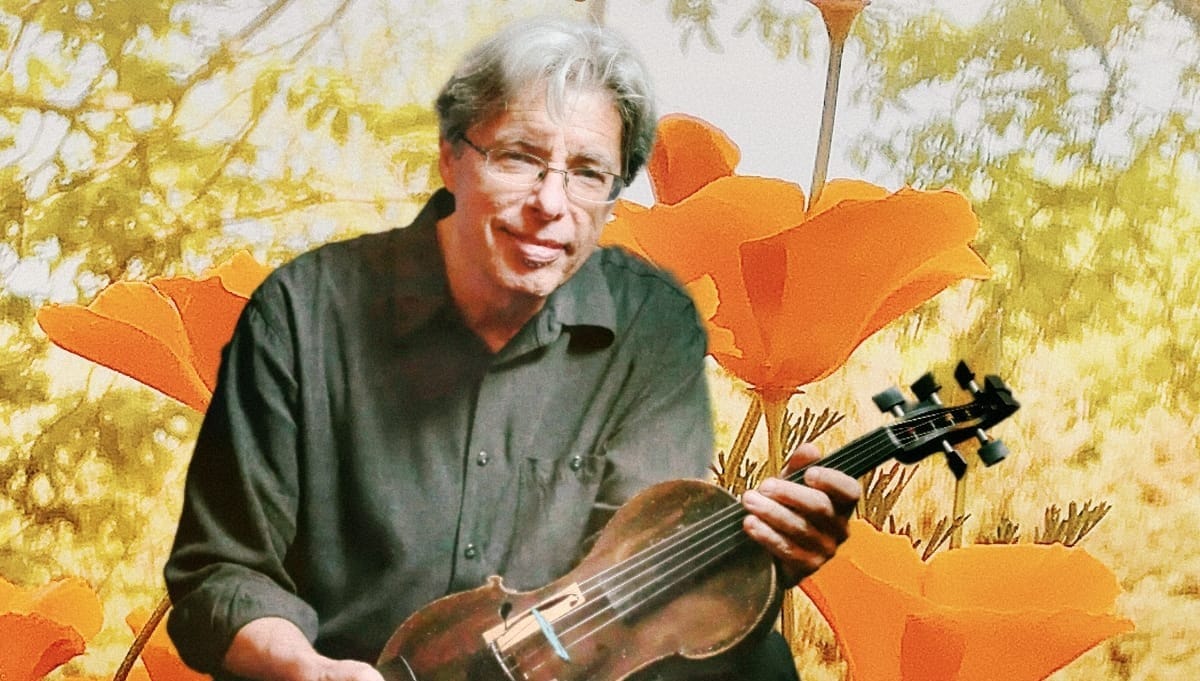
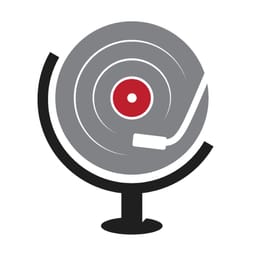 The TonearmSam Bradley
The TonearmSam Bradley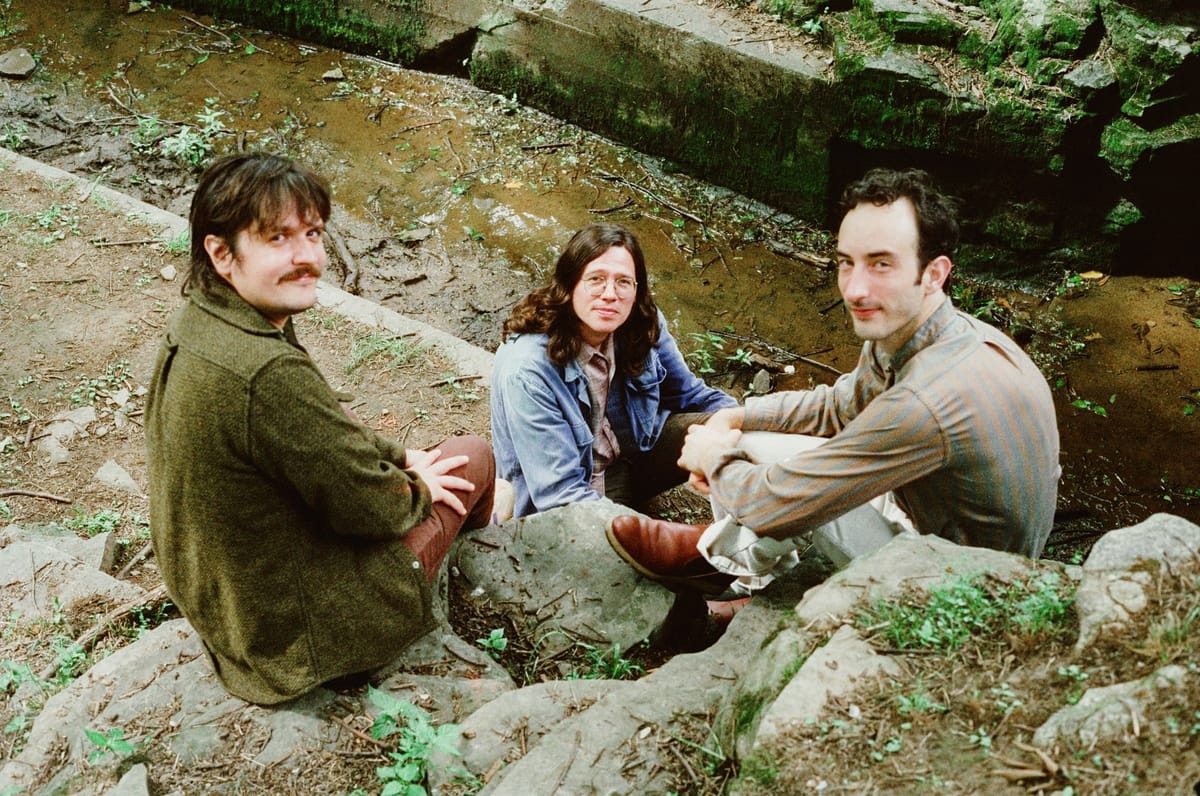


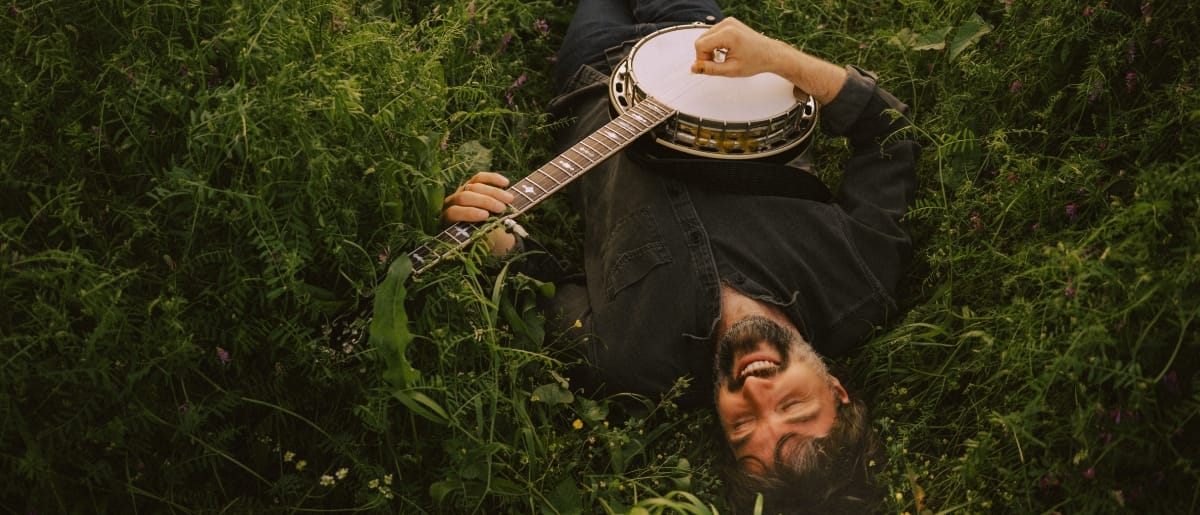
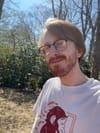
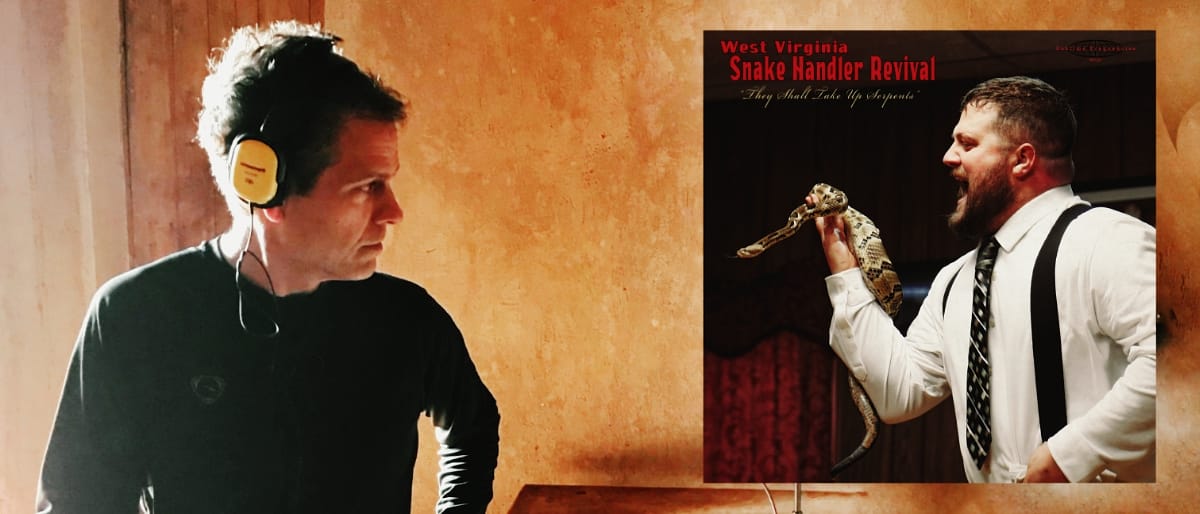
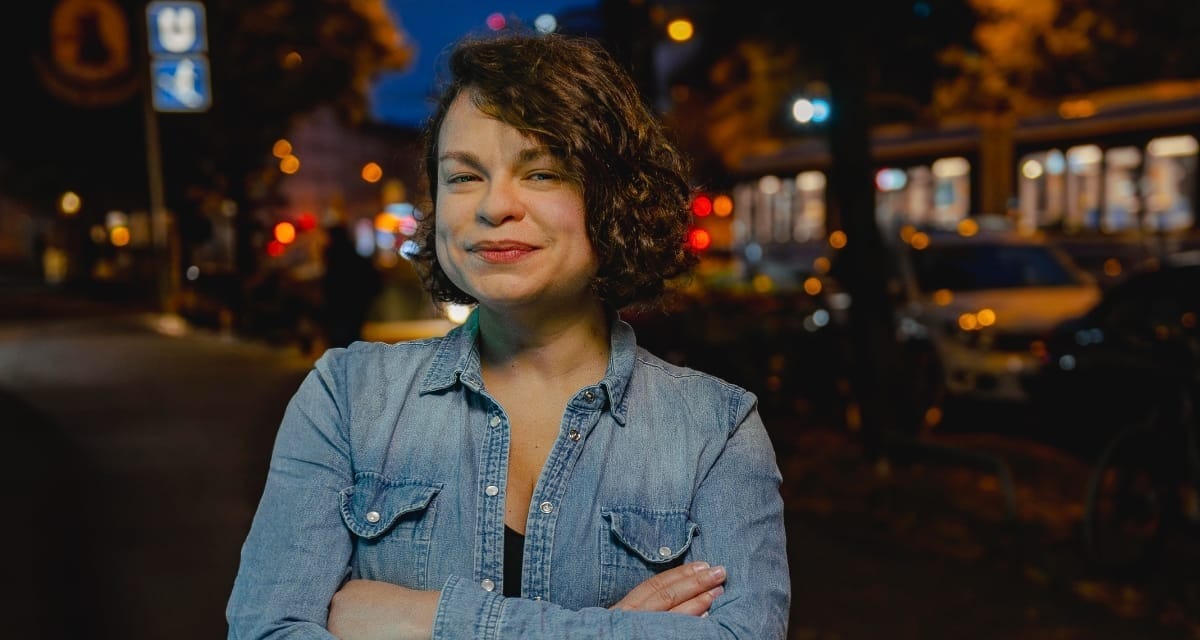
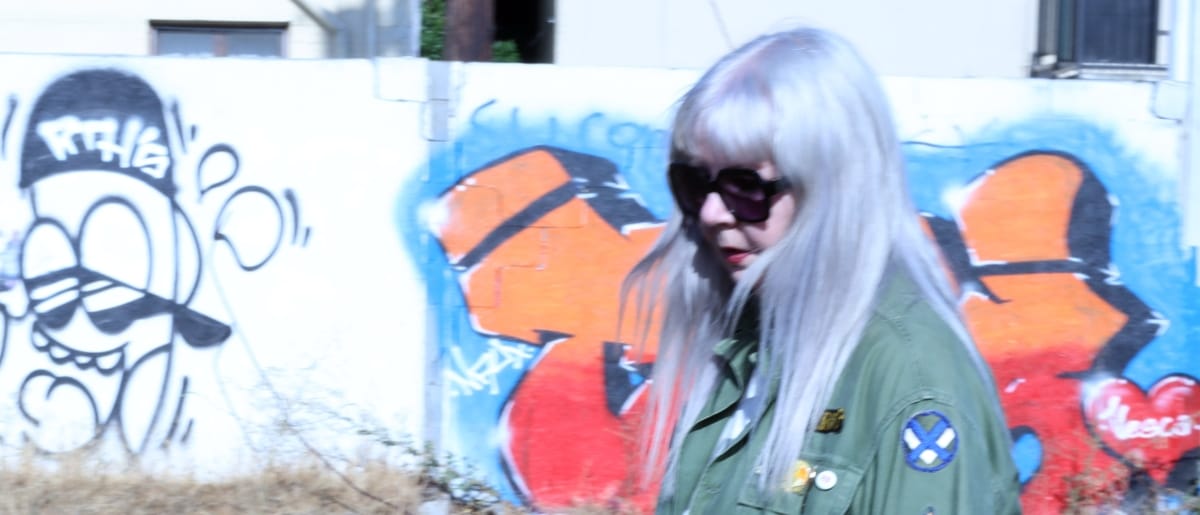
Comments